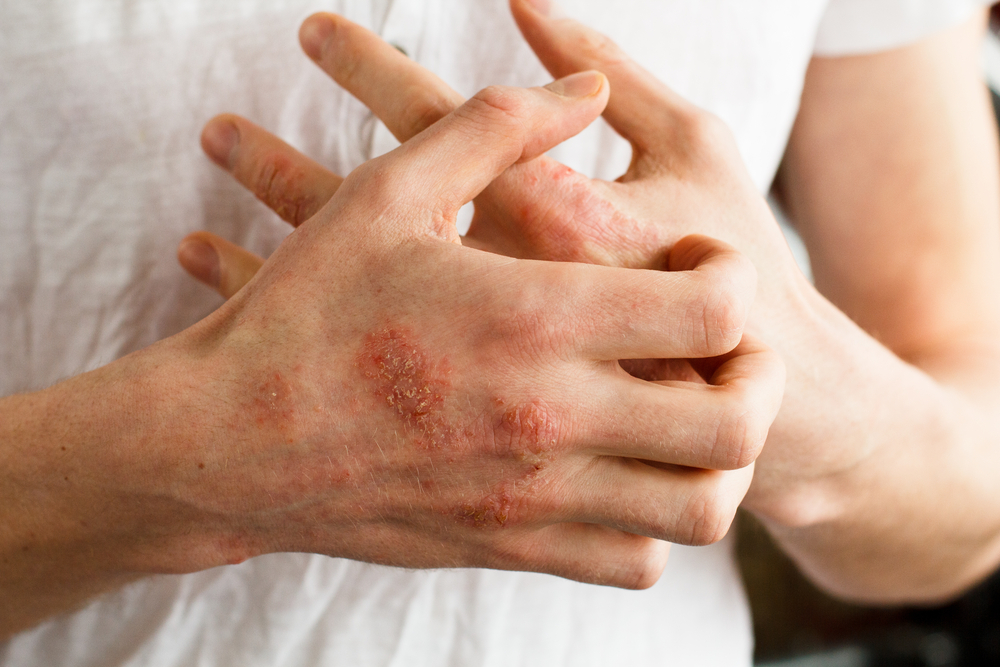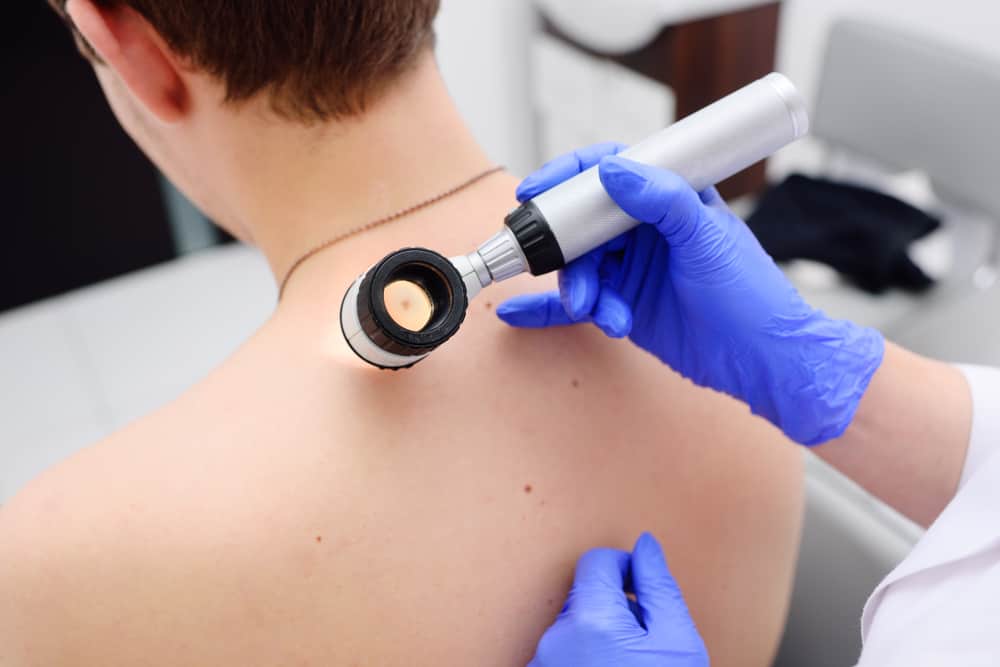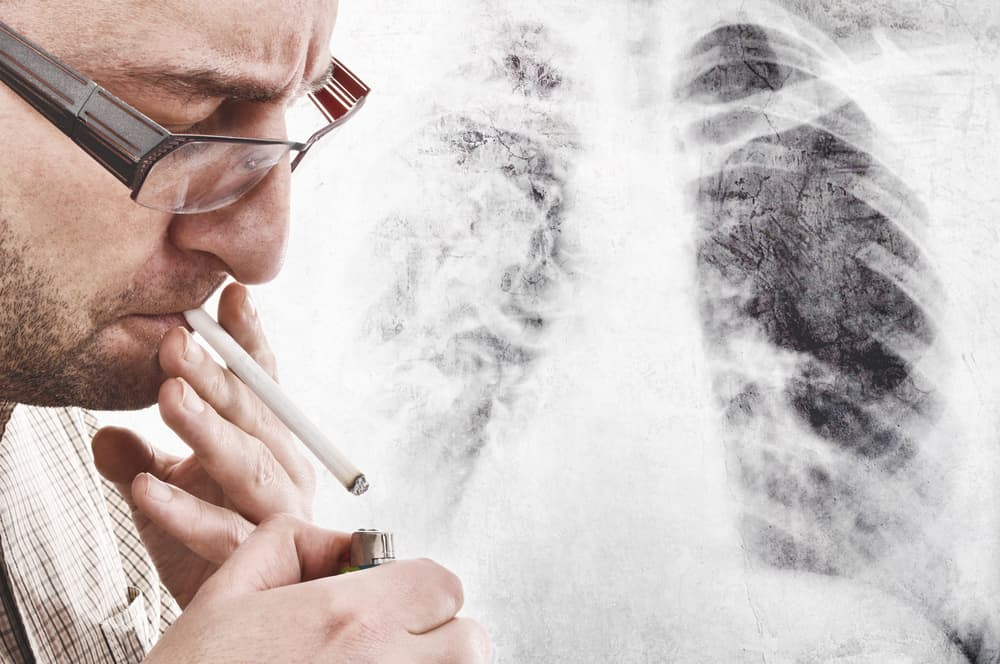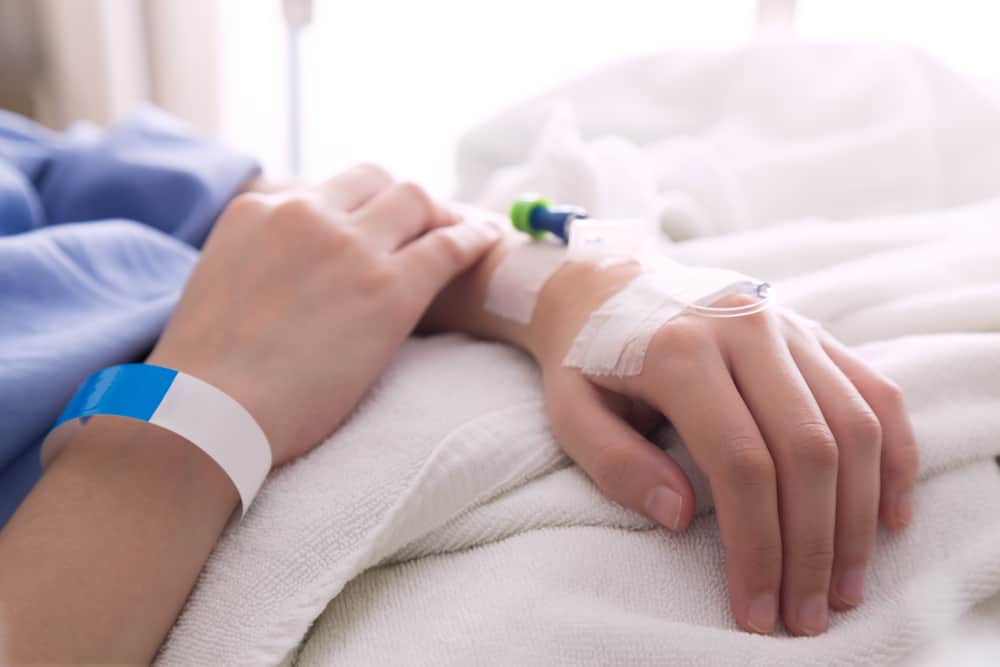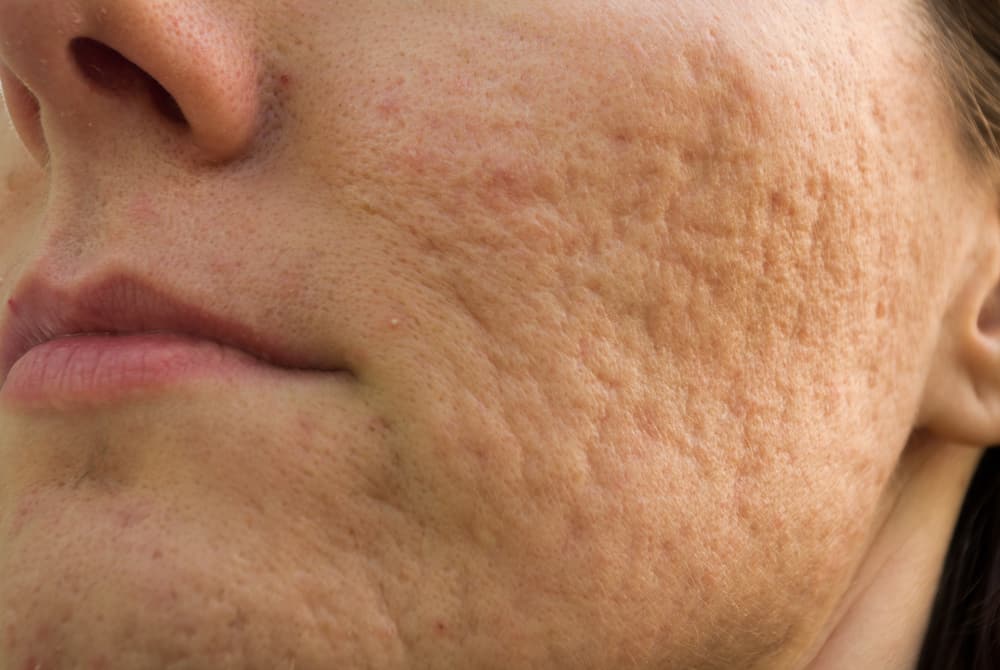Contents:
- Medical Video: Top 25 Foods To Avoid For Psoriasis
- Psoriasis triggering factors that must be avoided
- 1. Stress
- 2. Infection
- 3. Trauma to the skin
- 4. Cold and dry weather
- 5. Alcohol
- 6. Smoking
- 7. Medicine
- 8. Hormonal changes
- 9. Excess weight
Medical Video: Top 25 Foods To Avoid For Psoriasis
Psoriasis is a chronic recurrent skin inflammation, sometimes appearing sometimes lost. Symptoms of psoriasis are marked with bred streaks on the skin accompanied by silvery scales; dry and cracked skin that can bleed; to an itchy, burning, or unbearable pain. Psoriasis cannot be cured, but the risk of recurrence can be controlled by avoiding the following psoriasis trigger factors.
Psoriasis triggering factors that must be avoided
1. Stress
Stress is one of the risk factors for relapsing psoriasis that you should be aware of. The body will react to the stress you experience. Psychologically, stress can trigger itching and pain and swelling of the skin.
This is because there are many nerve endings that are connected to the skin, so your skin will also react when the central nervous system in the brain detects a danger due to stress. Some people can feel itchy while under stress because the brain also triggers the production of excessive sweating. Especially if you are in a hot, humid environment, or the air circulation is not smooth. Sweat will be trapped inside the skin layer and cannot evaporate. This then makes the skin become more itchy and irritated.
Research shows that stress can cause psoriasis getting worse, but psoriasis can also stress you out. Because the pain can increase stress levels. Living with psoriasis can also make you feel insecure and embarrassed. Psoriasis treatment also costs a lot and lasts a lifetime. Unwittingly, these factors contribute to increasing your stress which can then cause psoriasis to recur even worse.
2. Infection
Fungal or bacterial infections can cause psoriasis to worsen. In addition certain infections such as sore throat or tonsillitis, canker sores, and upper respiratory tract infections can trigger psoriasis. Symptoms of psoriasis can also worsen in people with HIV.
3. Trauma to the skin
Trauma to the skin, such as scratches, bruises, burns, bumps, tattoos, and other skin conditions, can cause psoriasis symptoms to recur at the site of the wound. This condition is referred to as the Koebner phenomenon.
4. Cold and dry weather
Cold weather can make psoriasis worse. Because the cold weather tends to make the ambient temperature drier which can cause your skin to dry out. Dry skin can trigger psoriasis symptoms of relapse.
In order for psoriasis not to get worse in cold weather, you should keep your skin moist well. Use a skin moisturizing cream to prevent your skin from drying out. Skin moisture is very important to soothe psoriasis symptoms. Also, consider setting a humidifier to keep the room moist, especially the bedroom. Placing live plants in your room can also help increase the humidity of your room so that your skin does not dry out.
Conversely, hot and sunny weather can help control the symptoms of psoriasis in most people.
5. Alcohol
A study found that people with psoriasis tend to drink more alcohol as an escape from stress. However, alcohol is one of the triggers for psoriasis to watch out for. A number of studies have found that people with psoriasis who often consume alcohol show symptoms that recur more frequently and spread.
6. Smoking
Research reports that smoking tobacco can increase the risk of psoriasis relapse and make symptoms worse. The more cigarettes you suck, the more severe and widespread the symptoms of psoriasis to other parts of the body (which usually only appear on the hands and feet)
By stopping smoking, you can reduce the severity of psoriasis.
7. Medicine
Certain medications can trigger psoriasis to get worse. Such drugs are like
- Lithium to treat bipolar disorder.
- Medicines for malaria like chloroquine, and hydroxychloroquineand quinacrine.
- Medications for hypertension, heart disease and some cardiac arrhythmias, such as propranolol and other beta-blockers, ACE inhibitors, and quinidine.
- Indomethacin (Indocin), which treats inflammation.
If you are prescribed these drugs, tell your doctor about your psoriasis. Consult further with your doctor for the possibility of changing prescription drugs or lowering the dosage to prevent the risk of recurrence of psoriasis more often during treatment.
8. Hormonal changes
Psoriasis can occur in men and women at any age. However, the risk of psoriasis is most vulnerable to puberty, ages 20-30, andbetween the ages of 50-60 years (age of menopausal women). This is because phormonal changes during puberty and menopausecan also be a trigger for psoriasis.
Psoriasis can improve during pregnancy, and can reappear after giving birth.
9. Excess weight
Overweight can increase the risk of psoriasis while making symptoms worse. A study on JAMA Dermatology found a link between a low-calorie diet and a decrease in the spread of psoriasis.
People who are obese tend to get plaques in the folds of their skin that can trap bacteria, sweat, and oil, causing irritation and itching that can aggravate psoriasis symptoms.

